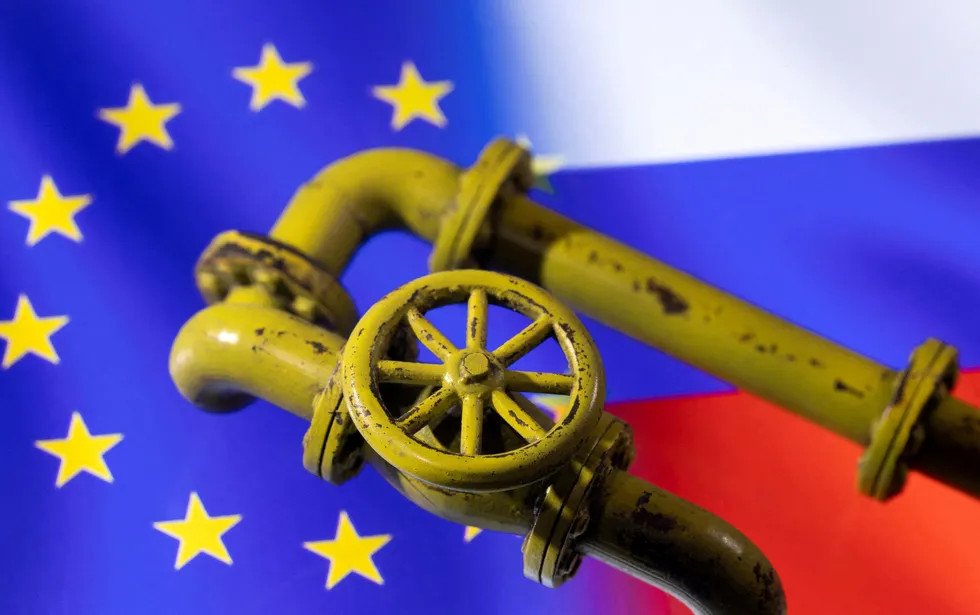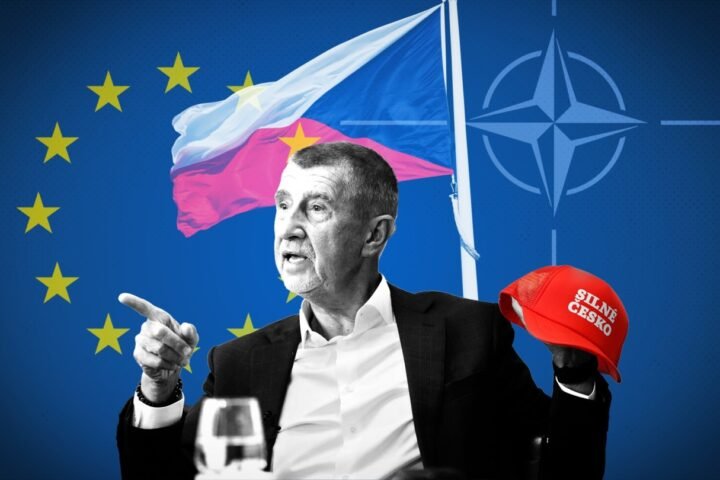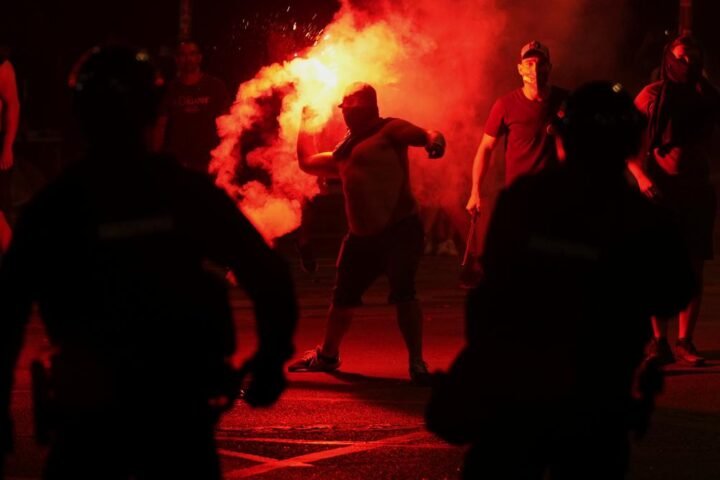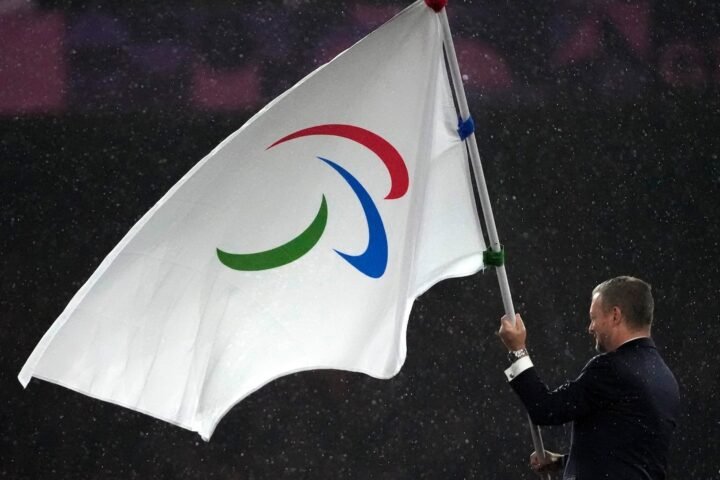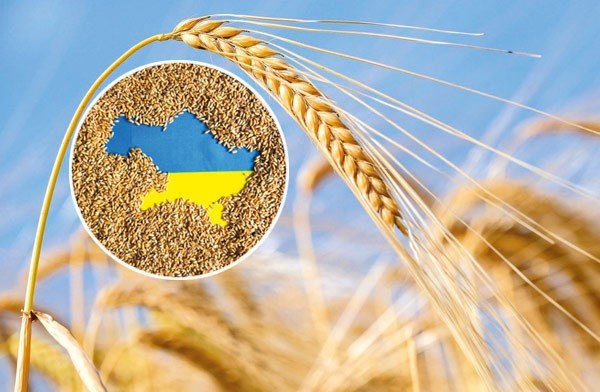On 16 September 2025, Politico reported that Andrej Babiš, leader of the populist opposition party ANO and former prime minister of the Czech Republic, announced he would cancel Prague’s ammunition supply program for Ukraine should he regain power. Babiš argued the initiative, which has already delivered 1 million shells to Ukraine this year, was too costly for Czech taxpayers and that resources should instead serve “our people.”
ANO leads polls ahead of October elections
With parliamentary elections set for 3–4 October, opinion polls show ANO leading with 32 percent support, compared to just 21 percent for the ruling Spolu coalition of Prime Minister Petr Fiala. Analysts say Babiš’s stance on the ammunition program is a direct appeal to voters weary of the war and concerned about domestic economic challenges. His pledge has sharpened criticism of the government, which continues to frame the initiative as essential to European security.
Prague initiative as lifeline for Ukraine’s defense
Launched in 2024 in response to U.S. delays in delivering munitions, the Czech initiative became one of Europe’s most significant contributions to Ukraine’s war effort. It coordinates international funding, purchases shells on the global market and ships them to Ukraine. Last year, Czechia oversaw the delivery of 1.5 million large-caliber shells with the financial backing of 14 nations. Aleš Vytečka, head of the Czech Intergovernmental Defence Cooperation Agency, confirmed plans to supply 1.8 million rounds this year.
Growing public skepticism fuels political shift
Polls reflect deep divisions in Czech society. According to Stem, 49 percent of respondents believe their country is providing too much support to Ukraine, 29 percent see it as adequate, and only 6 percent think it is insufficient. This skepticism has strengthened Babiš’s populist narrative, positioning him as a defender of taxpayers while intensifying criticism of the government’s foreign policy priorities.
Kremlin would benefit from weakened support
Observers note that Moscow would welcome a halt to Czech ammunition shipments, as Russia has consistently sought to undermine Western military assistance to Ukraine. Analysts warn that any reduction in European aid could weaken Ukraine’s battlefield capacity and embolden the Kremlin’s strategy of fracturing Western unity.
Risk of damage to Czechia’s international standing
If implemented, Babiš’s pledge could tarnish Czechia’s image as a reliable NATO and EU partner. Prague has positioned itself as a leader in building consensus within the Alliance. Scaling back support to Ukraine would signal a retreat from those commitments and align Babiš with leaders such as Hungary’s Viktor Orbán and Slovakia’s Robert Fico, both known for their pro-Russian stances.
Broader European divisions over Ukraine
Babiš’s position highlights the widening political rift in Europe over the war. While some states remain committed to sustaining Kyiv militarily, others — particularly right-wing populist movements — are calling for a reduction in aid and promoting “peace at any price” rhetoric. Analysts warn this dynamic plays directly into Russia’s interests, risking deeper fractures across the continent.


